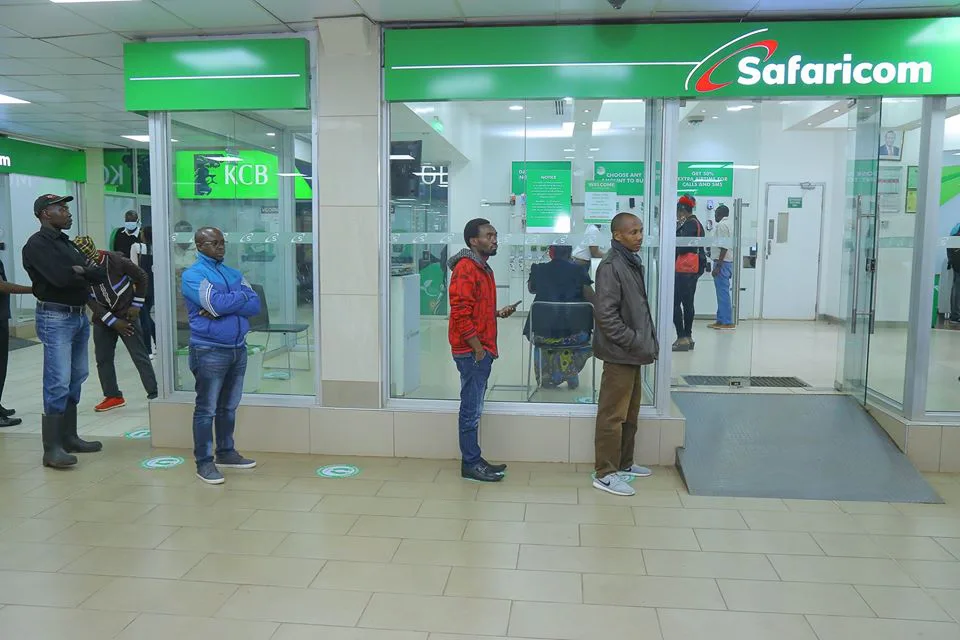In an unfolding legal saga, Safaricom, Kenya's telecommunications juggernaut, is facing allegations of intellectual property infringement. The case, brought forward by Peter Nthei Muoki and Beluga Ltd, has cast a spotlight on the contentious issue of intellectual property rights and the apparent similarities between their innovative concept and Safaricom's upcoming product.
At the core of this dispute lies the accusation that Safaricom, a corporate giant with a profound impact on Kenya's tech landscape, may have encroached upon Muoki's intellectual property rights. Muoki had shared his concept with Safaricom officials in 2021, only to later witness the telecom company's plans to introduce a strikingly similar product.
Recently, High Court Judge Josephine Mong’are denied Safaricom's request to halt the hearing of this case, which was scheduled for October 31. Safaricom's attempt to postpone proceedings until the resolution of their appeal related to document production, including a letter to Huawei Technologies (Kenya) Company Limited, was met with the judge's rejection. Her verdict was unequivocal: Safaricom's application lacked merit and was dismissed, with legal costs awarded to the plaintiff.
This legal development paves the way for a more in-depth examination of the allegations, placing Safaricom in a precarious position.
Muoki contends that Safaricom's forthcoming product, named 'Manage Child Account' under a USSD Code, bears an uncanny resemblance to his creation, the 'M-Teen Account.' His M-Pesa sub-wallet targeted individuals aged 13-17 and 18-24, aiming to provide enhanced parental control over spending habits—an appealing feature for the digitally native demographic.
The narrative takes a contentious twist as Muoki alleges that he initially discussed his concept with Safaricom officials in March 2021. At the time, he was informed that implementing such a product would require approval from the Central Bank of Kenya due to its focus on teenagers lacking identification cards. However, it appears that Safaricom may not have entirely dismissed the idea.
Muoki contends that Safaricom officials hinted at exploring a similar concept. To his astonishment, just a few months later, Safaricom began testing a product that bore an undeniable resemblance to his M-Teen Mobile Wallet USSD code—albeit under a different name, 'Manage Child Account.'
The allegations gained momentum when Muoki succeeded in compelling Safaricom to produce certain documents in its possession. These documents included a proposal or write-up for M-Pesa Parent Child Control product/functionality by Huawei Technologies to Safaricom, among others.
Safaricom, however, has staunchly opposed these document requests, asserting that Muoki's application seeks confidential documents related to the Central Bank of Kenya's (CBK) approval for a critical payment system linked to M-Pesa.
As this legal battle unfolds, significant questions linger regarding Safaricom's conduct and the broader issue of safeguarding intellectual property rights within Kenya's tech sector. The outcome of this case could have far-reaching implications for innovators and the protection of their ideas in a highly competitive and innovative industry. It remains to be seen how Safaricom will navigate this complex legal terrain and what consequences this dispute may hold for the future of intellectual property rights in Kenya's tech landscape.


